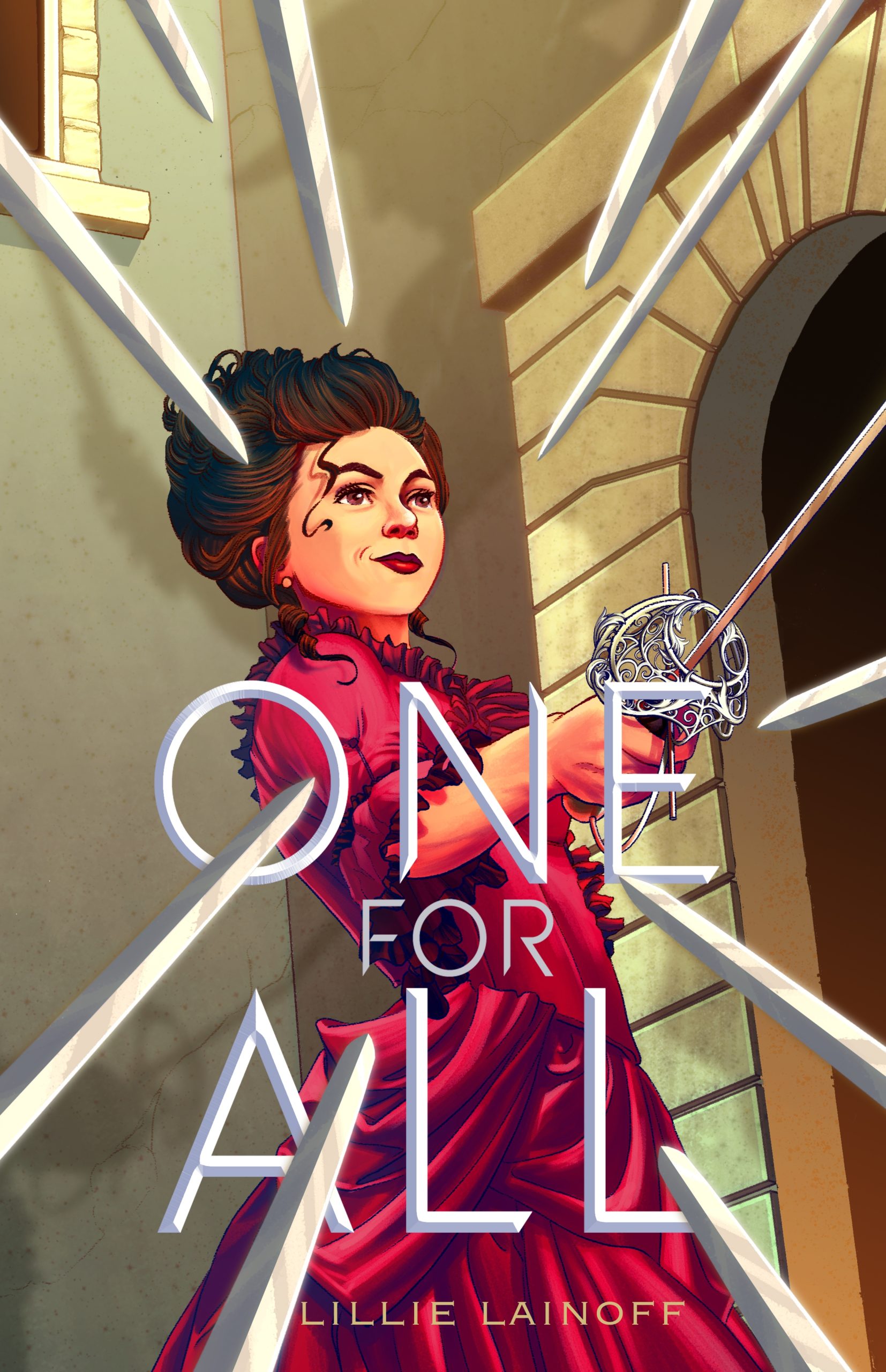

An author’s note explains that Tania, like the author, has postural orthostatic tachycardia syndrome.Īn insightful, affirming tale of swordplay and sisterhood. Two girls are queer in the predominantly White cast, one girl is cued as a person of color. The Musketeers’ unwavering support is heartwarming, smoothing a somewhat predictable ending. Amid suspenseful spying and code-breaking, Lainoff deftly explores chronic illness and internalized ableism others’ ignorant comments and Tania’s struggles with pervasive self-doubt are painfully realistic. But when Tania falls for her target, a boy who might possess information about her father’s death, she jeopardizes the Académie’s reputation and future.

Despite her dizziness and initial distrust of the whole endeavor, Tania gradually finds her footing and bonds with her three fellow Musketeers, who each express distinct personalities. At the Académie des Mariées, however, girls actually study to be undercover Musketeers, learning to wield swords as well as feminine charms on unsuspecting men as they uncover and thwart plots against the king. So when he’s brutally murdered, Tania is stunned to learn his final wish: that she attend finishing school in Paris. But her father, a retired Musketeer, has always supported her, teaching her to be a talented fencer against societal norms. Prospective suitors dismiss her as weak, former friends bully her, and even her own mother seems ashamed. Tania de Batz’s constant dizziness renders her an outcast in her small town. In 17th-century France, a chronically ill girl vows to avenge her father’s murder.


 0 kommentar(er)
0 kommentar(er)
